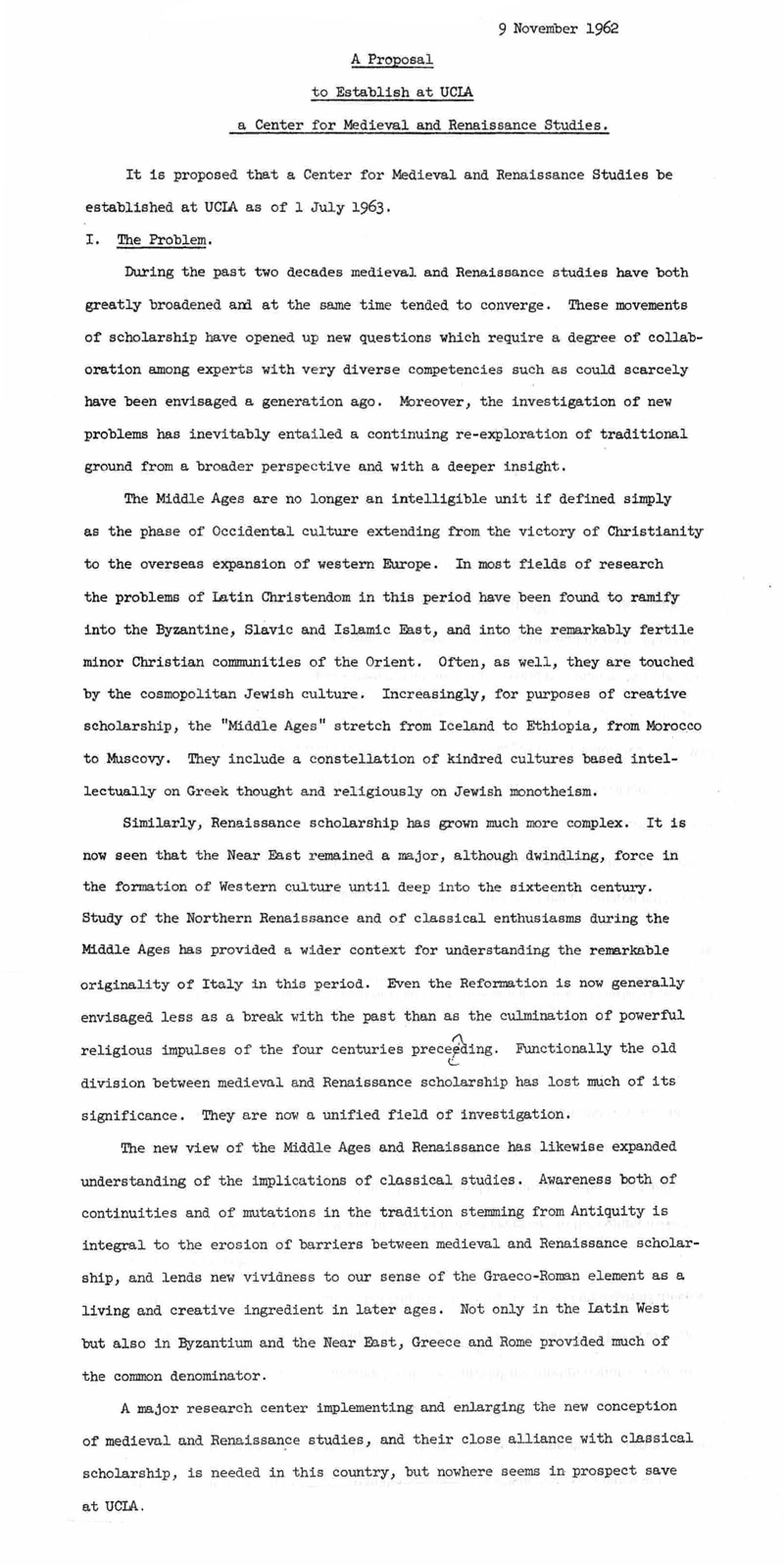Mission and Axis-Based Research
Our Mission
UCLA’s CMRS Center for Early Global Studies promotes and sustains transdisciplinary studies of the periods from the 3rd to the 17th century CE across the globe. The Center’s mission is grounded in the disciplinary study of early periods and worlds (late antique, medieval, Renaissance, and early modern). Five main research axes structure the multi-faceted inquiry of the Center’s diverse faculty: Sustainability-Repurposing; Fluidity-Permanence; Bodies-Performance; Conversion-Mobility; and Communication-Archive.
To counteract the varying periodizations across the globe, which do not fit neatly along European lines of division, the best term that accommodates the periods under the Center’s purview is “early.” The term “early” circumvents the problem of always centering periods to modernity and thus avoids the pitfalls of teleology, of working on the presumption of progress from the past to the present. It is important to note that “early global studies” point to the study of unconnected and weakly connected worlds before globalization. In that sense, CMRS Center for Early Global Studies – through its institutional influence and its faculty’s teaching and research – champions a new understanding of “global studies” and promotes “studies” of the “early global.”
Our Goals
The Center has three primary goals:
- To stimulate and support the scholarship and research activities of its affiliated faculty, associates, students, and scholars;
- To foster and prepare the next generation of scholars and researchers by providing educational opportunities, and financial, logistical, and other support; and,
- To create and disseminate knowledge, encourage intellectual exchange, and promote the study of the early global periods and worlds at the campus, local, regional, national, and global levels.
Our Outreach
CMRS-CEGS is dedicated to promoting research, teaching, and new methodologies in underrepresented and nontraditional areas of study and traditional fields and frameworks. It is guided by the conviction that without the study of the past, the present and the future are inaccessible and opaque.
We support the research and teaching activities of 115 faculty members in more than twenty different academic disciplines offering approximately seventy-five undergraduate and graduate classes each quarter. We reflect and represent UCLA’s diverse faculty and graduate student body across a great variety of disciplines covering the breadth of the globe in the periods under the Center’s purview. Academic fields of study have undergone major changes in the last two decades that allow for comparative study of unconnected premodern and early worlds and of connected early modern worlds across the globe. Moving away from traditionally European-identified fields of late antique, medieval, and Renaissance studies toward the coverage of the globe in a manner that is inclusive and methodologically sound is in line with UCLA’s strategic goals of social justice, its Rising to the Challenge initiative, and commitment to become a Hispanic-Serving Institution by 2025.
The Center offers fellowships, research assistantships, travel grants, and other support for both graduate and undergraduate students. We sponsor numerous lectures, seminars, conferences, and workshops, host visiting scholars and researchers, and provide an open platform for the exchange of methodologies and comparative study of the early worlds across campus and at a regional and national level. We administer and supervise externally funded grants.
Our publications include Viator, internationally recognized as one of the best scholarly journals in the field; Comitatus, one of the oldest academic journals for graduate students and early career researchers; and Cursor Mundi, a companion book series to Viator comprising single- and multi-author volumes. A variety of monographs and edited collections are also published each year with the Center’s support.
CMRS-CEGS does not award academic degrees but it provides support for the development of relevant classes and funding for up to four undergraduate and graduate CMRS-CEGS seminars each year, administers the graduate certificate in Global Medieval Studies, assists students in identifying funding sources and educational opportunities in the field, and consults with faculty and departments on student recruitment strategies and support. The Center is active in its advocacy of campus faculty hires and mentoring of junior and mid-career faculty, while also developing and maintaining sustained donor relations, all to further a broad global outreach among academicians and the public.
Current Thematic Priorities
The Center has put forward a set of thematic priorities for a two-year cycle (AY 2023-24 and 2024-25):
- Ecology
- Knowledge
- Memory/Oblivion
- The Senses, Sovereignty/Empire
- Travel and Traveling Forms
Designed to encourage, rather than to limit, these themes offer resonant anchors for our work. They can be taken up as stand-alone themes or can be combined in different ways, e.g., Knowledge and Empire, Sovereignty vs. Empire, Knowledge and Senses. They are intended as large containers to be shaped according to specific interests. By way of example, and not limited to the above list, “Traveling Forms” can be about forms of travel, but also about music or architectural forms (on a different chronology, e.g., European vs. Spanish American “Renaissance”), lyric forms that did and did not travel (e.g., Occitan, Persian, Arabic), story, dance, and music forms that traveled across Central Asia and south-east Asia, different writing forms. Translation, technologies, religion, and economy can also be viewed from that perspective.
Axis-Based Research at the CMRS Center for Early Global Studies
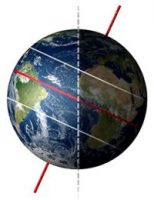 UCLA’s CMRS Center for Early Global Studies promotes and sustains transdisciplinary studies of the periods from late antiquity to the early modern era across the globe. Five main research axes structure the polyvalent and multi-faceted inquiry of the Center’s diverse faculty. These axes should be understood as generative, not reductive. All research axes remain open to the widest variety of historical and methodological approaches. Proposals that fit more than one axis or offer new frameworks are equally welcome.
UCLA’s CMRS Center for Early Global Studies promotes and sustains transdisciplinary studies of the periods from late antiquity to the early modern era across the globe. Five main research axes structure the polyvalent and multi-faceted inquiry of the Center’s diverse faculty. These axes should be understood as generative, not reductive. All research axes remain open to the widest variety of historical and methodological approaches. Proposals that fit more than one axis or offer new frameworks are equally welcome.
Sustainability/Repurposing
 This axis traverses work that addresses the use, misuse, and re-use in and of the medieval and early modern world, from ideas and goods to texts, objects and images. Topics may include ecologically-informed criticism, interrogations of under- and over-consumption and (re)production across environmental, economic, political, literary, scientific and artistic frameworks, but also medievalisms.
This axis traverses work that addresses the use, misuse, and re-use in and of the medieval and early modern world, from ideas and goods to texts, objects and images. Topics may include ecologically-informed criticism, interrogations of under- and over-consumption and (re)production across environmental, economic, political, literary, scientific and artistic frameworks, but also medievalisms.
Fluidity/Permanence
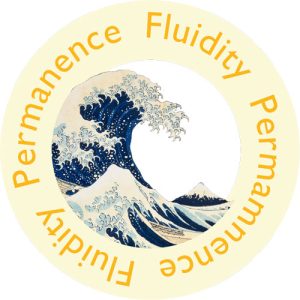 The fluidity/permanence axis gathers scholarship engaged with materiality and technologies, from sea to city, from buildings to monuments, from remains to relics, from raw materials to goods, from labor to product, from cognition to the written word and image. Urban, maritime, intellectual, political, and social history, for example, are all part of this axis, as they articulate and negotiate their own stability and periodicity.
The fluidity/permanence axis gathers scholarship engaged with materiality and technologies, from sea to city, from buildings to monuments, from remains to relics, from raw materials to goods, from labor to product, from cognition to the written word and image. Urban, maritime, intellectual, political, and social history, for example, are all part of this axis, as they articulate and negotiate their own stability and periodicity.
Bodies/Performance
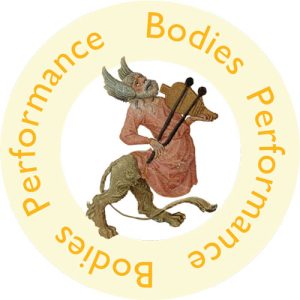 Questions of intersectionality are central to medieval and early modern identity. This axis convenes scholarship that addresses issues of class, race, ethnicity, disability, and sexuality across pre- and early modern spaces. Work on orality, theater, dance, music, sound studies, and also the medical humanities and built environments, is fundamental to this axis.
Questions of intersectionality are central to medieval and early modern identity. This axis convenes scholarship that addresses issues of class, race, ethnicity, disability, and sexuality across pre- and early modern spaces. Work on orality, theater, dance, music, sound studies, and also the medical humanities and built environments, is fundamental to this axis.
Conversion/Mobility
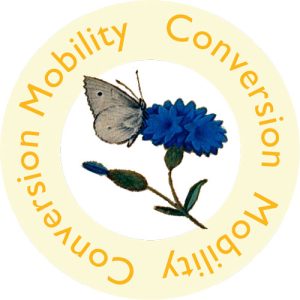 The medieval and Renaissance worlds were rarely static, and the crossing of imaginative and physical borders is a cornerstone of contemporary scholarship on the past. This axis includes research within and across geographical spaces (nations, regions, areas), across faiths and languages, across economies and laws, as people, things, techniques, texts, and ideas travel and change.
The medieval and Renaissance worlds were rarely static, and the crossing of imaginative and physical borders is a cornerstone of contemporary scholarship on the past. This axis includes research within and across geographical spaces (nations, regions, areas), across faiths and languages, across economies and laws, as people, things, techniques, texts, and ideas travel and change.
Communication/Archive
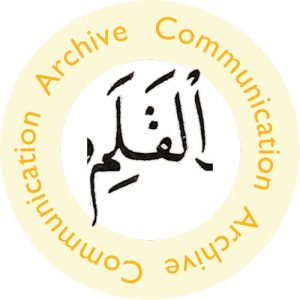 The archive, the foundation of medieval and Renaissance studies and a veritable technology of memory, is often an argument for a particular view of the past. Language itself is an archive. Early printed books, manuscripts, documents, libraries, and mnemotechnics can also offer space for visions of the future of our disciplines. The archive, whether digital or analog, can elicit an archeology of the long-standing structures that have shaped our scholarship, explicitly and implicitly, and the ways those structures facilitate or preclude communication.
The archive, the foundation of medieval and Renaissance studies and a veritable technology of memory, is often an argument for a particular view of the past. Language itself is an archive. Early printed books, manuscripts, documents, libraries, and mnemotechnics can also offer space for visions of the future of our disciplines. The archive, whether digital or analog, can elicit an archeology of the long-standing structures that have shaped our scholarship, explicitly and implicitly, and the ways those structures facilitate or preclude communication.
Our History
CMRS Center for Early Global Studies, an Organized Research Unit of the University of California, was founded in 1963 as the Center for Medieval and Renaissance Studies. Since September 2021, it is called the CMRS Center for Early Global Studies or CMRS-CEGS. The original proposal by UCLA History Professor Lynn White Jr. established the foundational principles and continued focus that the Center’s current work expands upon. We hope to reinvigorate and honor Professor White’s scholarly outlook and intellectual scope as well as that of the other faculty who joined him in establishing the Center.
Lynn White Jr. argued for the establishment of CMRS in 1963 because
during the past two decades medieval and Renaissance studies have both greatly broadened and at the same time tended to converge. These movements of scholarship have opened up new questions that require a degree of collaboration among experts with very diverse competencies such as could scarcely have been envisaged a generation ago.
CMRS-CEGS’s plans for the future align with his original assessment that
the Middle Ages are no longer an intelligible unit if defined simply as the phase of Occidental culture extending from the victory of Christianity to the overseas expansion of Western Europe,
a conception that he believed impacted equally the understanding of the Renaissance and of antiquity:
Functionally the old division between medieval and Renaissance scholarship has lost much of its significance. They are now a unified field of investigation. The new view of the Middle Ages and Renaissance has likewise expanded understanding of the implications of classical studies.
In a historical twist, as is often the case, present times imitate the gestures of the past.
Professor White’s scholarship focusing on medieval technology, social change, religion and the historical roots of the present ecological crisis, is enjoying renewed interest. For example:
- https://www.noemamag.com/the-conscious-universe/
- https://muse.jhu.edu/article/777619
- https://ecoevocommunity.nature.com/posts/14041-the-long-reach-of-lynn-white-jr-s-the-historical-roots-of-our-ecologic-crisis
- https://www.scu.edu/environmental-ethics/environmental-activists-heroes-and-martyrs/lynn-white.html
- https://conbio.onlinelibrary.wiley.com/doi/full/10.1111/cobi.12735
